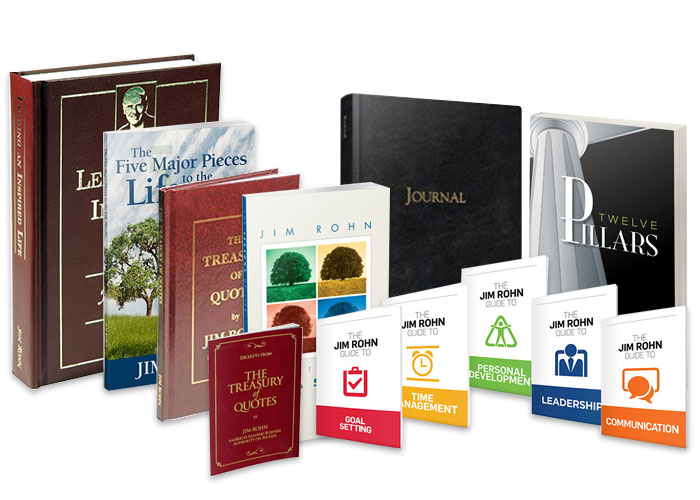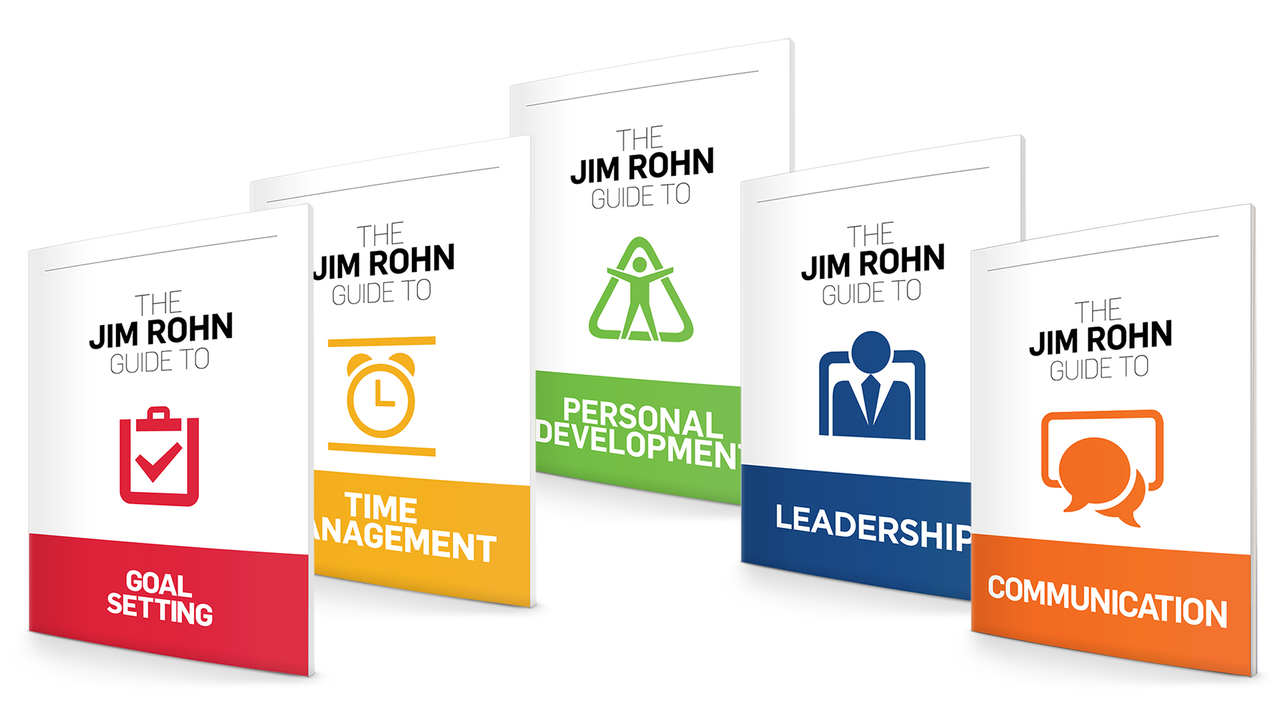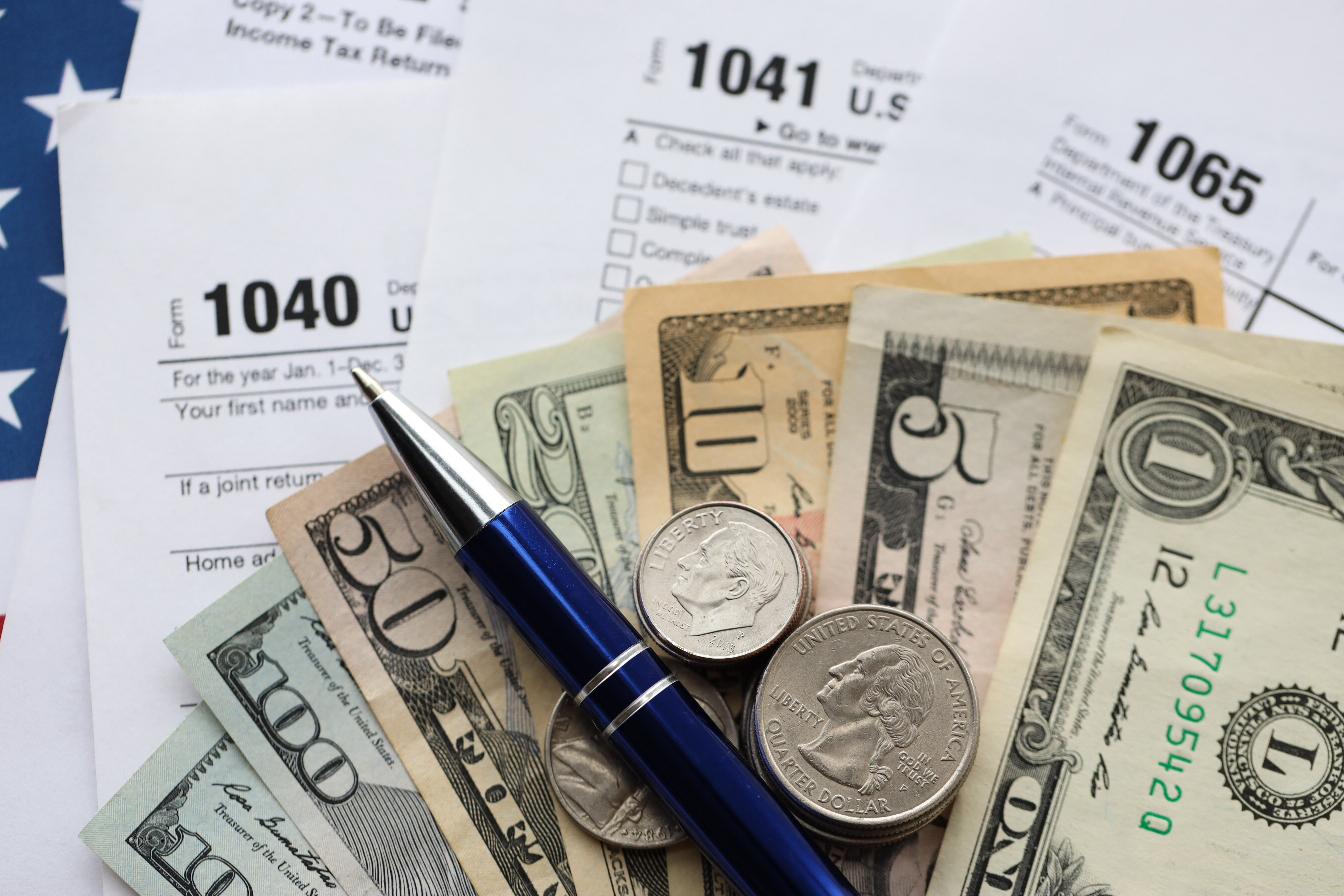
Culture & Workplace
27 Micro-Actions That Build Workplace Culture (Weekly Framework)

Entrepreneurship
101 Profitable Business Ideas for Women Entrepreneurs in 2026

Business & Branding
How to Build a Personal Brand That Grows Your Business in 2026
Current Issues

MARCH / APRIL 2026
THE INTELLIGENCE ISSUE
Featuring: Mayim Bialik
SCIENTIST, ACTOR AND PODCASTER DRIVING WELLNESS FORWARD
Buy the Latest Issue
JANUARY 2026
THE GUIDE TO REINVENTION
Featuring: Amy Porterfield
THE MULTIMILLION-DOLLAR PIVOT: THE ART OF SCALING BACK TO SCALE UP
Read Free on SUCCESS Labs™Never Miss an Issue
Subscribe NowCategories
Explore What Drives Success
From AI-powered strategies to wealth-building fundamentals, leadership insights to entrepreneurial fire — dive into the topics that matter most to your growth.
AI & Technology
View All →Business & Branding
View All →
Business & Branding
How to Build a Personal Brand That Grows Your Business in 2026

Business & Branding
Brand Success Factors: What Makes Companies Win in 2026
Longevity & Performance
View All →
Longevity & Performance
Avoid the DST Hangover: Daylight Saving Time Hacks 2026

Longevity & Performance
The Dopamine Trap—the Rarely Discussed Source of Burnout Developers Face in an AI Age

Longevity & Performance
Why a Sleep Retreat Could Be the Most Strategic Move a Leader Can Make
Professional Growth
View All →
Professional Growth
How to Change Careers at 30, 40 or 50: A Step-by-Step Guide

Professional Growth
Career Tips for Young Professionals That Earn Respect

Professional Growth
How to Network With LinkedIn ‘Coffee Chats’ in 2026
The SUCCESS Store
Invest in Your Next Level

Jim Rohn Book Bundle
The complete Jim Rohn collection — timeless wisdom on success, wealth, and personal development.
$97.00$181.69

The Jim Rohn Guides Complete Set
The full collection of Jim Rohn's practical guides on goal setting, communication, and leadership.
$18.71

The Five Major Pieces to the Life Puzzle
Jim Rohn breaks down the five key areas that determine your quality of life.
$24.99
Culture & Workplace
View All →
Culture & Workplace
27 Micro-Actions That Build Workplace Culture (Weekly Framework)

Culture & Workplace
A Remote Team Became 40% More Engaged With This Meeting Tool

Culture & Workplace
How to Build Trust in a Remote Team (Tips & Team-Building Exercises)
Entrepreneurship
View All →
Entrepreneurship
101 Profitable Business Ideas for Women Entrepreneurs in 2026

Entrepreneurship
The 2026 Founders’ Guide to Salaries

Entrepreneurship
How AI Influencers Generate Millions Per Year
Trends & Insights
View All →
Trends & Insights
Success News: Top Business Trends and Insights

Trends & Insights
Are AI Tools Changing How Our Brains Process Information?

Trends & Insights
Google Searches for ‘AI-Proof Jobs’ Skyrocket

World-class keynote speakers for your next event, summit, or conference.

Anne Grady
Author

Jen Gottlieb
Branding

Trent Shelton
Branding
Stay Connected
Get weekly insights on leadership, growth, and the future of work delivered to your inbox.
Subscribe to the Newsletter













